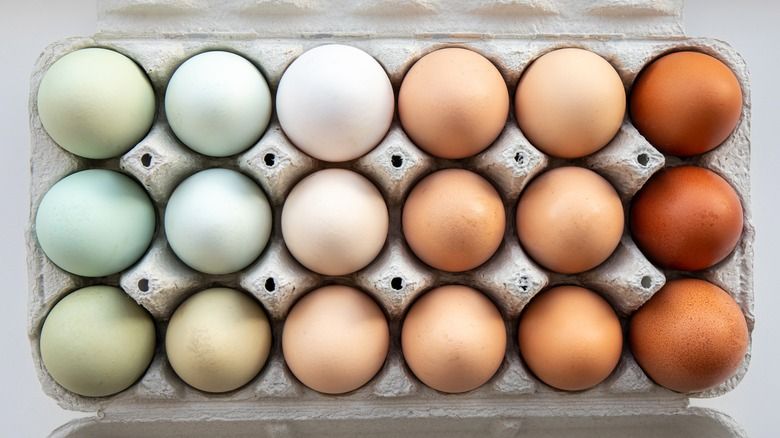When it comes to choosing the best eggs for your family, the debate between conventional and organic eggs has been ongoing for years. Many consumers are willing to pay a premium for organic eggs due to potential health benefits and ethical considerations. But are organic eggs really worth the price? In this complete guide, we will break down the differences between organic and conventional eggs to help you make an informed decision.
Understanding Organic Eggs
Organic eggs are produced by hens that have been raised in accordance with organic farming standards. This means that the hens are fed organic feed, free from pesticides, herbicides, and GMOs. Additionally, organic eggs come from hens that have been given access to the outdoors and are not treated with antibiotics or synthetic hormones.
Because of these strict standards, organic eggs are often considered to be a healthier option than conventional eggs. They are believed to be higher in omega-3 fatty acids, vitamins, and antioxidants, and lower in cholesterol and saturated fat. Some studies have also shown that organic eggs may contain higher levels of certain nutrients, such as vitamin E and beta-carotene.
Comparing Prices
It’s no secret that organic eggs come with a higher price tag than conventional eggs. On average, organic eggs can cost anywhere from 50% to 100% more than conventional eggs, depending on the brand and where you purchase them. This price difference can be a significant factor for many consumers, especially those on a tight budget.
However, the higher price of organic eggs is often justified by the healthier farming practices and better living conditions for the hens. Organic eggs are typically produced by smaller farms that focus on sustainability and animal welfare, which can be worth supporting for many consumers.
Taste and Quality
One of the main reasons why consumers choose organic eggs is for their taste and quality. Many people believe that organic eggs have a richer flavor and a brighter yolk color compared to conventional eggs. This is often attributed to the hens’ diet and living conditions, which can have a direct impact on the taste and quality of the eggs they produce.
Additionally, some consumers prefer organic eggs for ethical reasons, as they believe in supporting sustainable and humane farming practices. By choosing organic eggs, consumers can feel good knowing that the hens are raised in a more natural and healthy environment.
Conclusion
So, are organic eggs worth the price? Ultimately, the decision comes down to personal preferences and priorities. If you value organic farming practices, animal welfare, and potentially higher nutrient levels, then organic eggs may be worth the investment for you. However, if budget is a concern or you don’t notice a significant difference in taste or quality, conventional eggs may be a more practical choice for your family.
Regardless of your decision, it’s important to remember that both organic and conventional eggs can be a nutritious and delicious addition to your diet. Whether you choose organic or conventional eggs, be sure to support responsible farming practices and buy from reputable sources to ensure the best quality for you and your family.
At the end of the day, the choice is yours to make. Whether you opt for organic eggs or conventional eggs, both can be enjoyed as part of a balanced and healthy diet. Remember to consider your own values, priorities, and budget when making your decision, and enjoy the delicious taste of eggs knowing that you are making a choice that is right for you.


